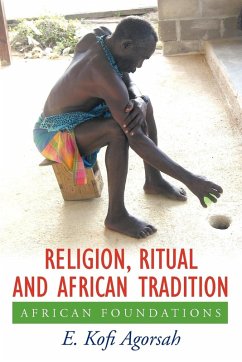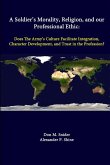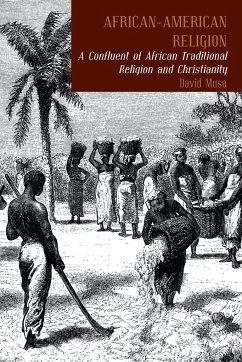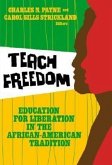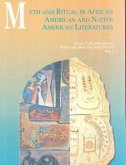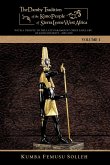This book addresses general aspects of the elusive realm of African religious experiences, using selected examples of evidence of how Africans have acted in their encounter with the unknown world from ancient times. Religious concepts and symbolisms such as identifying the "supreme being" the supernatural, spirits and spiritualism, ancestral veneration, ritual and ritual objects and obligations, kinship and community relationships, spirit possession, libation, divination, festivals and festivities, birth, initiation, marriage and death rites, notions of witchcraft and witches, are discussed. The central issue is that in African religious thought and practice, the known and the unknown worlds are not separated; also, science and religion are not in separation - the two worlds must always flow and float together in harmony. Religion and spirituality, as real life with a strong community role, personification of the collective desire and the dual power of a combination of spiritual and physical in healing and God as personal are discussed in a global perspective, acknowledging the African religious experience and associated conceptssuch as behavior and symbolisms, as continuities that reflect the past and represent basic elements of the rich and authentic aspetcts of the African religious heritage. The book takes the liberty to present the material in the ethnographic present although such practices may belong to the past.

